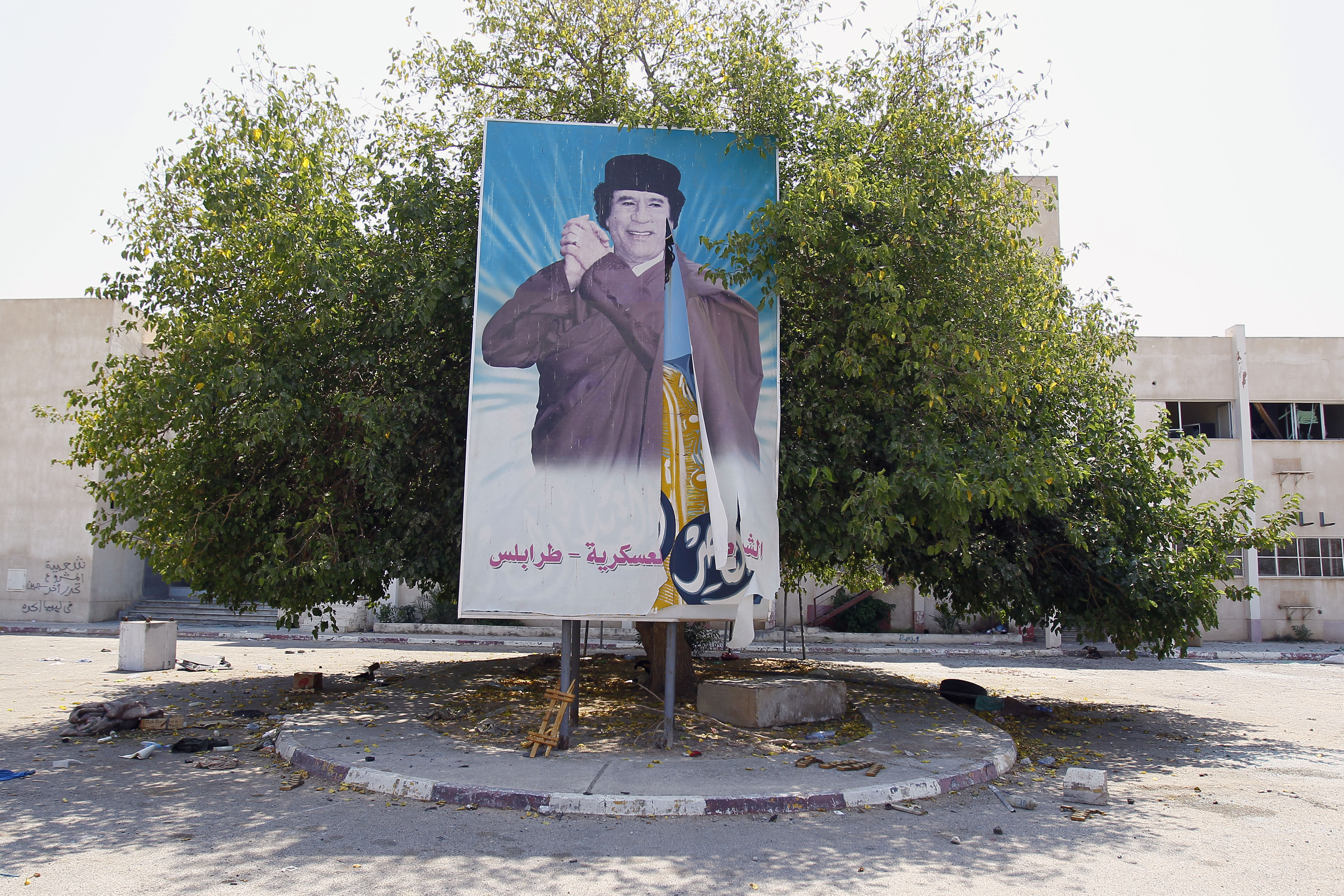Who could possibly begrudge the Libyan people their joy at having deposed longtime dictator Moammar Gadhafi? We certainly don't!
But conditions since Gadhafi was forced out of power do not indicate that peace and individual liberty are flourishing in Libya.
For one thing, there are serious concerns that the al-Qaida terrorist network was among the groups involved in removing Gadhafi from power. That doesn't mean that all the rebels warmly embrace al-Qaida, but the terrorist group's role in the rebellion is alarming.
Added to that, there is now strong evidence that the rebels are engaging in revenge attacks against tribes or individuals who are believed to have supported Gadhafi. Human rights groups previously cited possible war crimes being committed by some of the rebels, and those fears are sadly being borne out.
In one mountain town in Libya, rebels extensively damaged a school, burned down homes and stole private property -- evidently because some of the townspeople had backed Gadhafi. But many in the town who reportedly voiced support for Gadhafi did so only for justified fear that he would harm them if they didn't.
Members of another tribe that purportedly backed Gadhafi had to flee the city of Misrata during the fighting, and now they are homeless because the rebels will not let them return.
The rebels refused to let Associated Press reporters enter one town that is believed to be the target of revenge attacks, because, as one rebel told the AP, the residents of the town "are opponents of the new government and the revolution."
Revenge attacks during and after a war are nothing new. But hopes for peace, freedom and representative government in Libya will fade fast if the Libyan rebels do not restrain their impulse to seek vengeance against their fellow citizens.
